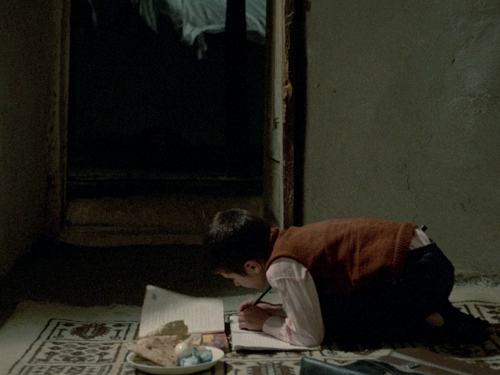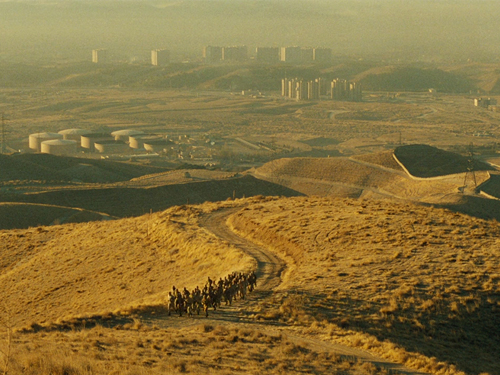Abbas Kiarostami
Abbas Kiarostami (1940–2016) was an Iranian filmmaker, screenwriter, poet and photographer born in Tehran. Kiarostami made nearly 50 films, making him a major figure in the history of cinema of the 20th century. After a brief period of combining studies in fine arts, to become a painter, with a job in traffic police, Kiarostami quickly turned to film through the world of TV commercials, making over 150 of them between 1960 and 1969. In 1969, Kiarostami was invited to head the film unit of the newly formed Center for the Intellectual Development of Child and Adolescent (Kanun). Under its auspices, he would make his first film, also Kanun’s first-ever production, Nan va Koutcheh [The Bread and Alley] (1970). Initially assigned to make educational films, Kiarostami was able to explore different cinematic pathways, though still aiming to develop a particular kind of pedagogical cinema, in effect laying the groundwork for his future style of filmmaking. In the late 1980s and early 1990s, Kiarostami broke through internationally with films as Khane-ye doust kodjast? [Where Is the Friend’s House], introducing the so-called Koker Trilogy, which also includes Zendegi va digar hich [And Life Goes On] (1992) (also known as Life and Nothing More) and Zire darakhatan zeyton [Through the Olive Trees] (1994). Ta'm e guilass [Taste of Cherry] (1997) won the Palm d’Or at the Cannes Film Festival and Bad ma ra khahad bord [The Wind will Carry Us] (1999), the Silver Lion (Grand Jury Prize) at the Venice International Film Festival. Kiarostami’s last film 24 Frames (2017) was released posthumously.



